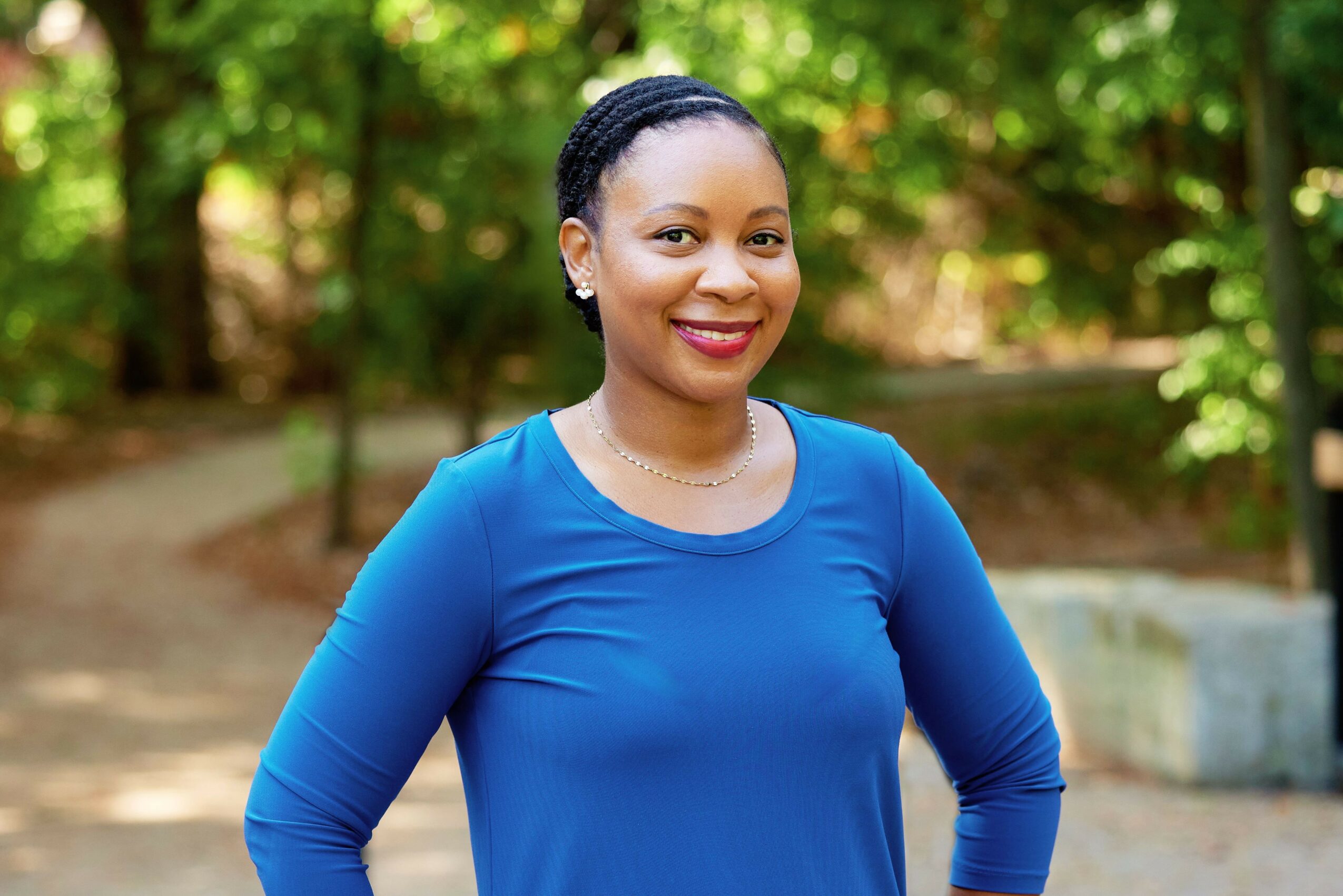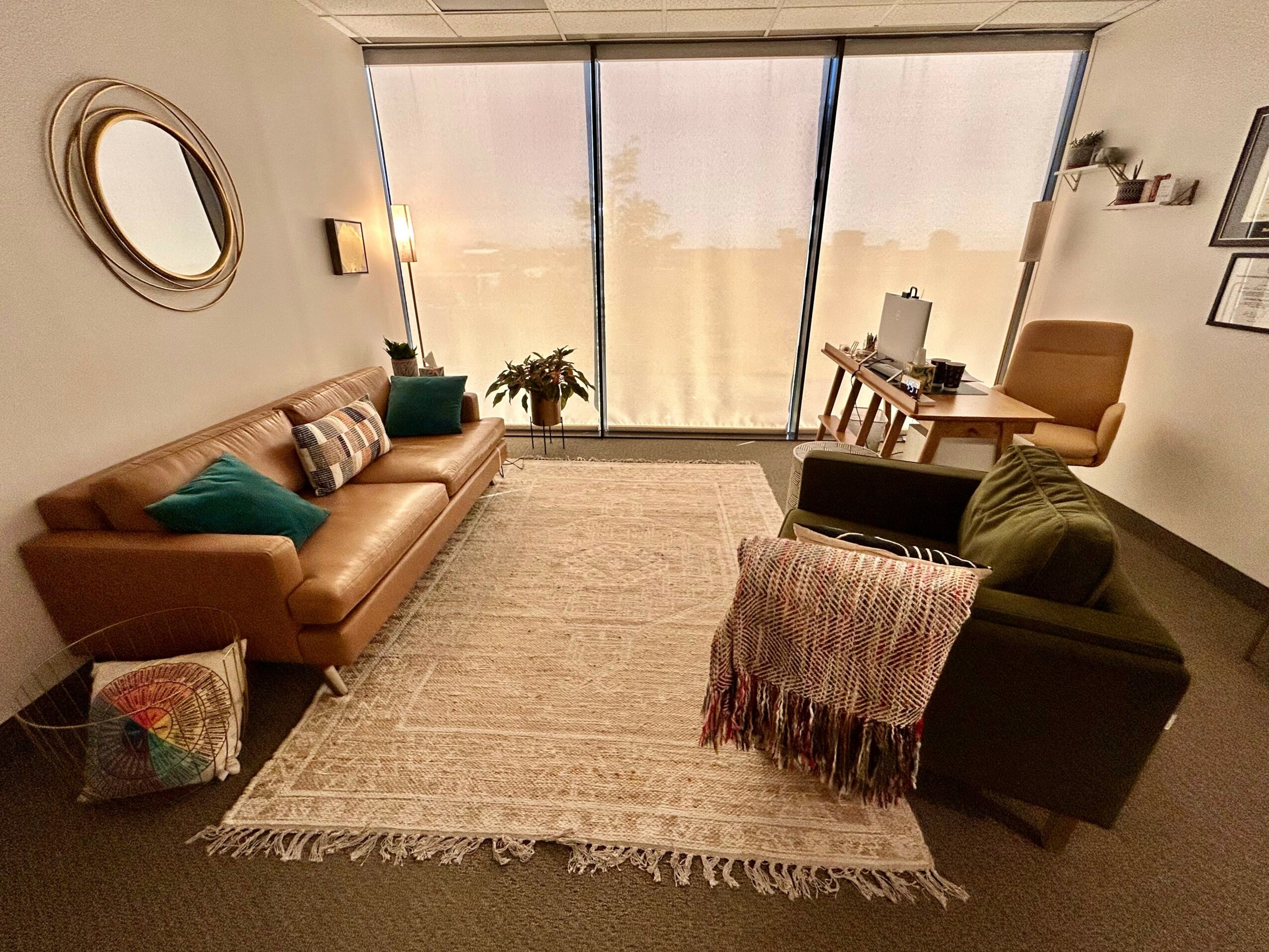

Today we’d like to introduce you to Jarice Carr.
Hi Jarice, we’re thrilled to have a chance to learn your story today. So, before we get into specifics, maybe you can briefly walk us through how you got to where you are today?
From a young age, I was drawn to the mental health field. Growing up in a small town in southeast Oklahoma, entertainment options were limited, which fostered a deep passion for reading. This love for stories naturally extended to an intense curiosity about people’s experiences. I was particularly fascinated by how individuals could undergo the same event yet emerge with vastly different perspectives. This early interest laid the foundation for my academic and professional journey.
I pursued my undergraduate studies in psychology, which solidified my desire to delve deeper into the complexities of the human mind. Recognizing the breadth of opportunities a doctoral degree would offer, I decided to pursue a Doctorate in Counseling Psychology at the University of North Texas. At that time, my exact career path within the field remained somewhat undefined, but I understood that becoming a psychologist would open more doors.
As I began my clinical work, my true calling became undeniably clear: direct client interaction. The profound experience of connecting with individuals, understanding their struggles, and guiding them toward growth and healing resonated within me. This passion was further nurtured during my internship at the University of North Carolina Charlotte Counseling Center. I found the environment incredibly fulfilling, so much so that I remained on staff for several years after completing my internship.
The landscape of my professional life shifted dramatically in the wake of the COVID-19 pandemic. This period prompted a desire for diversification in my career. I made the decision to leave college counseling and return to Dallas, where I joined a group private practice. This transition offered new perspectives and allowed me to expand my experience in a different setting. After several years of working within a group, I felt a strong pull to establish my own independent practice. This decision marked a significant step in my professional journey, allowing me to fully realize my vision for providing direct, personalized care. Today, I am proud to be the owner of my solo practice.
Alright, so let’s dig a little deeper into the story – has it been an easy path overall and if not, what were the challenges you’ve had to overcome?
There have definitely been some challenges along the way. As a first-generation college student, navigating the complexities of higher education, from undergraduate studies to graduate school was challenging at times. I am blessed to have a loving and supportive family who consistently cheered me on and encouraged my academic pursuits, and at the same time, their understanding of my specific experiences and needs was limited, which felt isolating at times. I was fortunate to connect with mentors whose guidance proved invaluable and fostered a much-needed sense of belonging. However, the journey still involved a significant amount of trial and error, which could be quite taxing. I’ve come to view each stumble and misstep as a learning opportunity that built resilience and problem-solving skills, but the absence of a clear roadmap often made the path feel like an uphill battle.
Also, working in the mental health field introduces its own distinct challenges. As a psychologist, I frequently support clients through some of the most difficult and painful aspects of the human experience. While I am often inspired by the remarkable resilience and strength individuals demonstrate in the face of adversity, the weight of hearing these narratives can become quite heavy. A particularly poignant example occurred during my time at the University of North Carolina Charlotte in 2019, when our campus experienced a tragic shooting that resulted in two deaths. It was a terrifying and incredibly sad experience for the entire university community, not just the students. In the aftermath, my colleagues and I worked tirelessly to support the student body, but we also had to lean heavily on each other. We, too, were experiencing the profound impact of the trauma, both directly and indirectly. That experience truly highlighted the essential need to balance self-care and well-being as a mental health professional, ensuring that I can continually show up with empathy and effectiveness for my clients.
Alright, so let’s switch gears a bit and talk business. What should we know?
As a licensed psychologist, I offer a relational, person-centered, and holistic approach to therapy. In my private practice, J.Carr Counseling and Consultation PLLC, launched last year, I welcome all clients, with a specialized focus on supporting Black women, Women of Color, and LGBTQ+ Persons of Color. My practice also focuses on clients navigating intergenerational trauma, social mobility concerns, and the unique challenges faced by young professionals. I am particularly passionate about working with first-time therapy clients, aiming to demystify the process and help them understand how therapy can facilitate wellness and healing.
I provide both in-person and telehealth services, with telehealth available to clients in most states. My primary therapeutic approaches are relational-cultural and psychodynamic, which I often integrate with techniques from cognitive behavioral therapy, dialectical behavior therapy, EMDR, family systems, and mindfulness. This allows me to enrich the therapeutic experience and tailor treatment to each client’s specific goals. My interests include cultural identity concerns, trauma, women’s issues, depression, life adjustment, stress management, and identity exploration.
With extensive experience working with culturally diverse clientele, I have provided therapy to adolescents, adults, groups, couples, and families in various settings, including private practice, college counseling centers, and community outpatient clinics. Currently, I see adult clients for individual and couples therapy. Additionally, I offer educational workshops on mental health topics and am available for speaking engagements.
Let’s talk about our city – what do you love? What do you not love?
My favorite aspect of Dallas is undoubtedly my community. I’ve been incredibly fortunate to cultivate a robust network of friends and a profound sense of belonging here. Beyond that, Dallas offers a wealth of experiences for everyone—whether you’re a sports fanatic, a music enthusiast, a dedicated foodie, or simply someone who enjoys discovering new things. As long as you have a way to navigate, there’s an abundance of choices. I personally find great pleasure in exploring the local parks and nature trails.
However, the significant drawbacks to living in Dallas are the traffic and the heat. The Dallas freeways can be notoriously intense and unpredictable. And, of course, the Dallas summer heat truly speaks for itself.
Contact Info:











